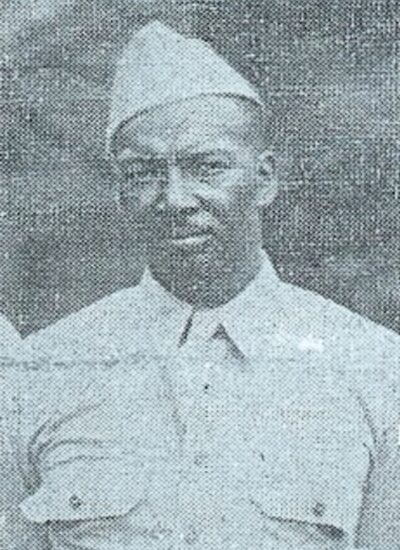In 1944, Booker T. Spicely, a Black Army private stationed at Camp Butner, clashed with a white bus driver, Herman Council, over seating segregation. The confrontation ended when Council shot and fatally wounded Spicely. Council fired twice. One bullet hit Spicely’s dog tags. The second went through his liver.
Spicely was first taken to Watts Hospital; he was refused medical help just for being black. Spicely died before arriving at Duke Hospital, miles away.
The circumstances that led to Spicely’s death shine a light squarely on the insidious workings of Jim Crow laws—also the challenges faced by Black soldiers stationed in the South during that era. The trial of Council led to a 28-minute acquittal by an all-white jury, and the systemic issues regarding racism and injustice become pivotal aspects of this narrative.
This incident, forgotten over the years, has been brought to light by passionate activists who recognized its historical importance. They’ve successfully campaigned for a historical marker to be placed near the site of Spicely’s shooting, aiming to spotlight the broader historical context surrounding Spicely’s story.
Reference:
